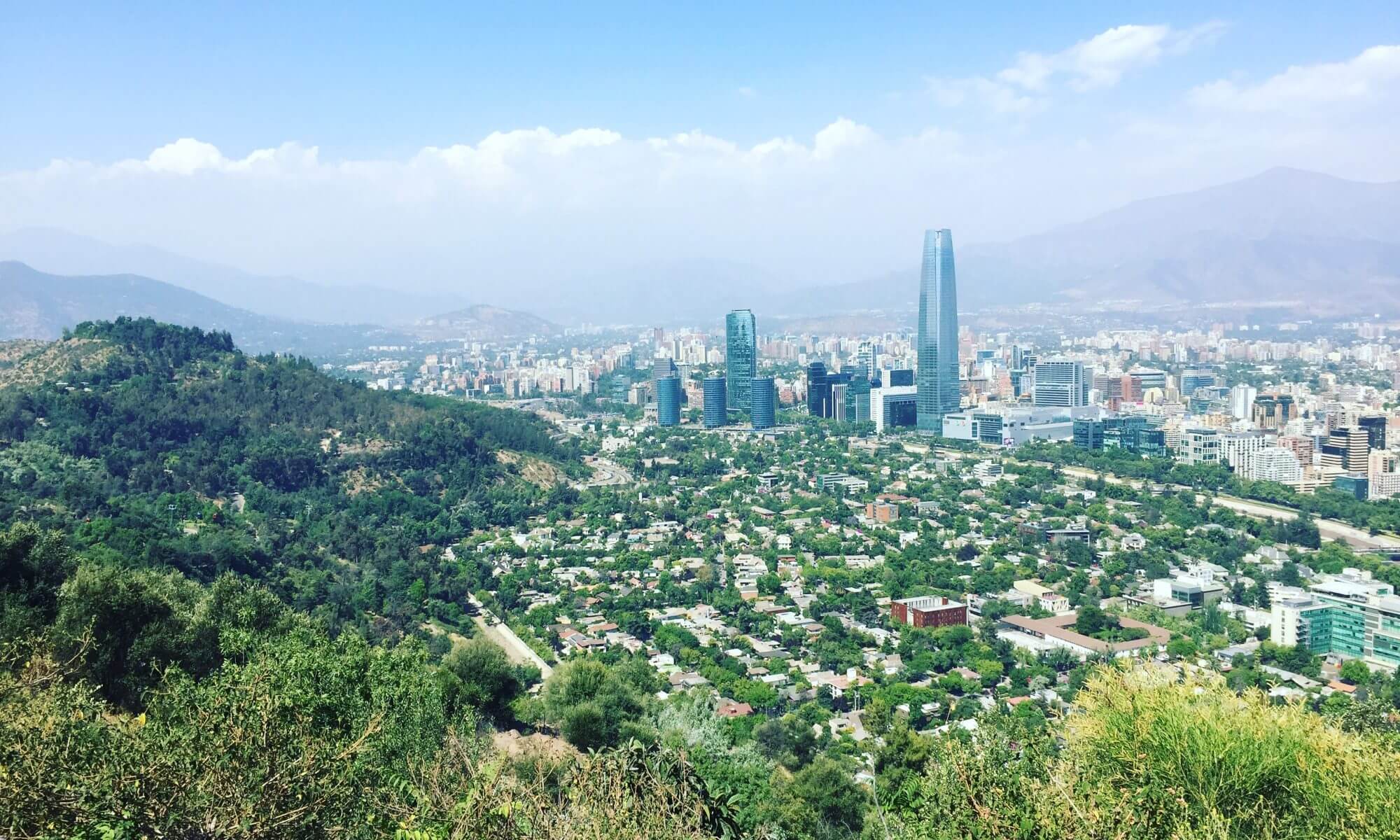Chile: time for Bachelet to be substituted?
A two-week trip to Latin America, travelling through Argentina, Chile and Peru, gives our fund management team food for thought as change is underway in the region.
After 4 years of poor political management, corporate Chile is eagerly looking forward to a new political cycle. Based on our discussion with company managers, clients and bankers, the last local elections outcome and Bachelet’s approval rating of less than 15%, we can safely say that change is on the horizon. Their hope is that the elections this year will extend the structural political swing from populist left to a more pro-business right, following in the footsteps of Argentina, Peru and Brazil.
Over the last few years, the companies we’ve met have scaled down investment in Chile, using their highly cash-generative domestic base to re-invest in more investor-friendly and growing markets in the region: namely Peru, Colombia, Mexico. For example our holding Falabella has increased its share of business in Peru, Colombia, Argentina and Mexico combined, from 26% in 2009, to 45% in the latest 2015 results.
Chile is not a typical emerging market; it enjoys first-world type of infrastructure, has sophisticated consumers and world-class industry. Our tour of Las Condes, the Costanera Center and Valparaiso provided ample evidence if this was needed.
Our holdings in Chile are supported by very strong fundamentals and capable managers leading world-class operations as illustrated by our visit to the Embotelladora Andina plant a few miles away from Santiago (3rd largest bottler of Coca-Cola in Latin America, with concessions in Chile, Argentina, Paraguay and Brazil). With a strong track-record of capital allocation over several cycles, delivering good returns to shareholders like us. All this comes at an undemanding valuation as they suffer from the “Bachelet discount”, despite most of their growth coming from neighbouring countries.

The election later this year may well be a catalyst for a re-rating of Chilean Equities after 4 years in the doldrums (-9% as measured by the MSCI Chile over the last 4 years in USD). But this will just be the cherry on the cake as the fundamental earning power of the multi-latinas will keep delivering over the long term.



